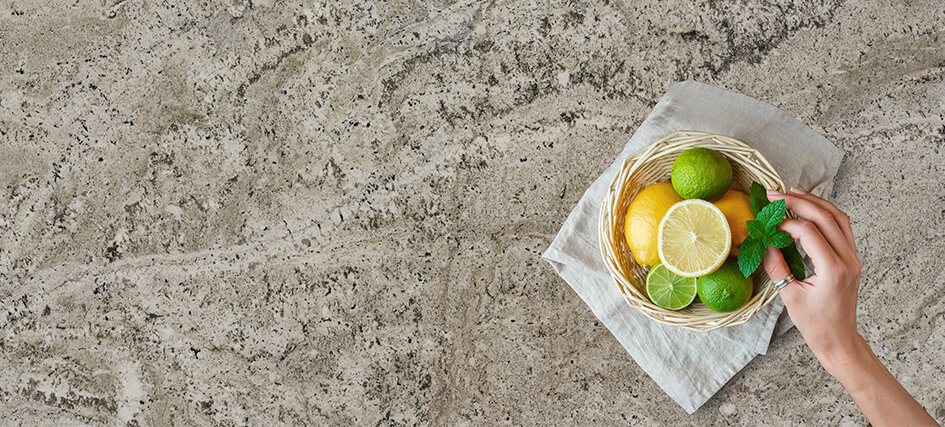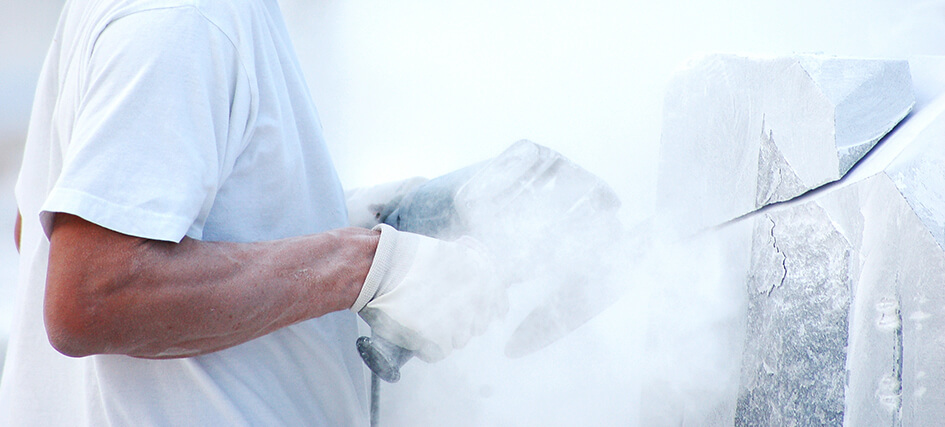Why Granite Is the Best Pick for Your Office Space
Granite Is the Best Natural Stone for Your Office Space – Did you know that the décor of your office plays an important role in enhancing your mood and increasing your productivity? Everything from colors to furniture can make a difference in your life as well as in the lives of your employees.

But, how to ensure that your commercial space/office property is beautified? The sure-shot answer is granite natural stone – a go-to material for most interior decorators.
BUT WHY CHOOSE GRANITE?
Granite blends easily with office décor. Whether it’s flooring, desks, wall cladding, or the ceiling, the moment granite is installed, it exudes a sense of belonging.
While we may always associate granite with bathrooms and kitchen countertops, it is a versatile stone that can do wonders in most settings.
Granite’s durability also garners fame among property owners because they know that office countertops and co-word spaces made of this natural stone will be a forever hit!
What makes granite a stellar choice for your space is also that it’s heat, stain, and scratch-resistant. Take care of it properly and it will be an investment of a lifetime. Granite Is the Best Natural Stone for Your Office Space.
WHERE TO USE GRANITE IN THE OFFICE?
The reception area would be a good start, considering it’s the first destination your potential clients, employees, investors or guests arrive at. Going for dark granite in this area would make a great first impression on them and give an air of elegance to the space.
Conference room tables made of granite will be easy to maintain and never be prone to stains or scratches.
Speaking of stains, your office coffee tables could also benefit from being made of granite because they’re used to getting stained daily.
Desktop surfaces would also thrive if they are made of granite. Designing such bespoke surfaces for your workforce could be aesthetically appealing and a generous gesture. Granite Is the Best Natural Stone for Your Office Space.
As we near the end of this blog, there’s something else that we realized: the kind of décor that you choose for your commercial space says volumes. It’s so impactful that it holds the power to communicate your business values to your clients. So, book an appointment with Tirupati Stones Group today, for a consultation about how you can enthrall your clients as well as employees with this natural stone. And, since granite comes in a wide range of patterns and colors, we hope you get to choose the one that best suits your business space and its values










